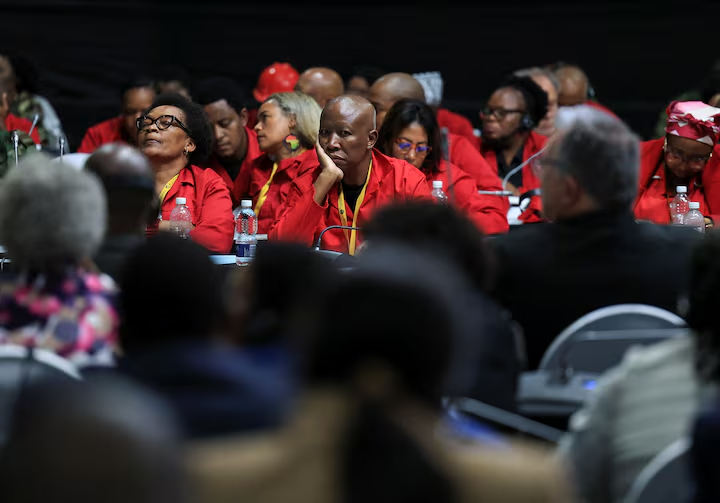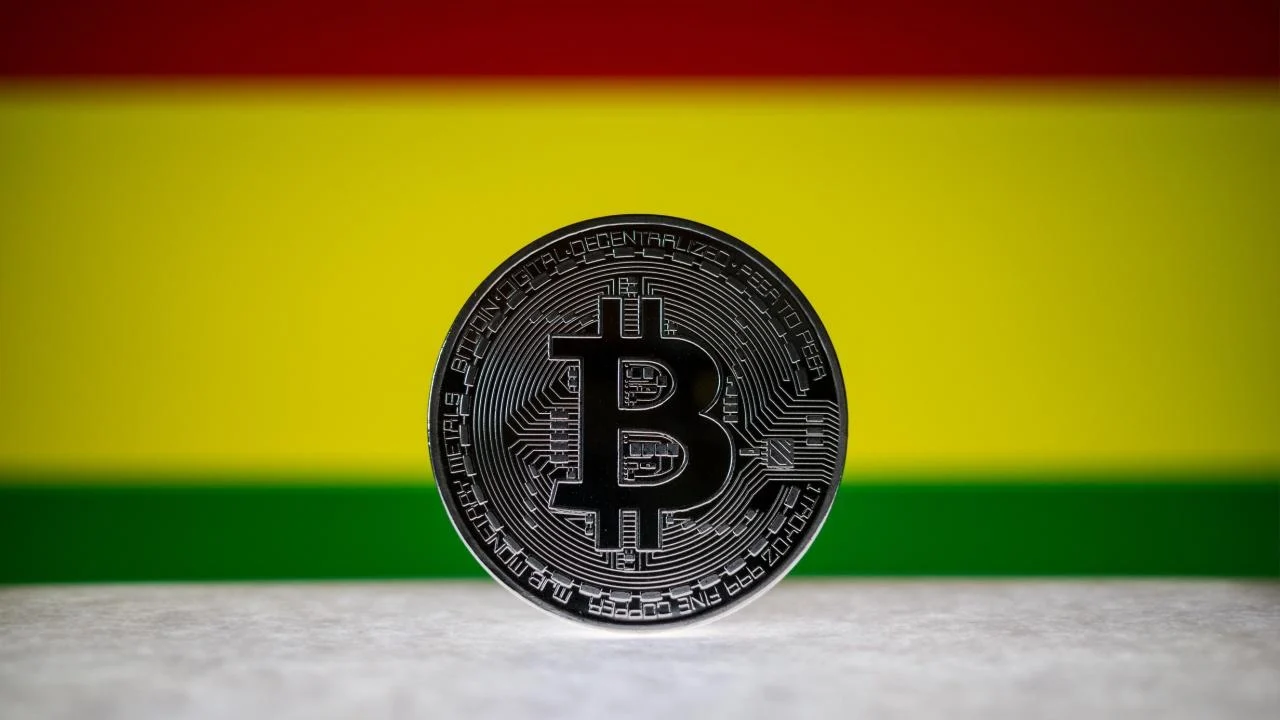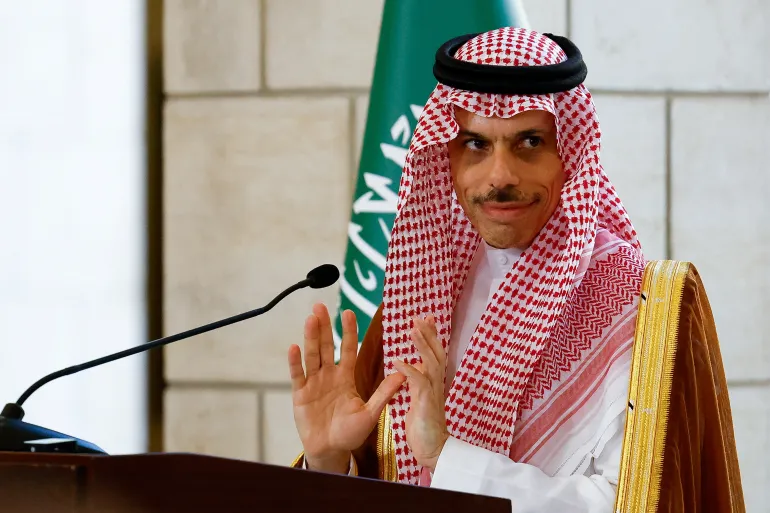South Africa’s opposition Economic Freedom Fighters (EFF) party has launched a bid to block the government’s planned fuel tax increase, arguing it will exacerbate the country’s deepening cost-of-living crisis. The move comes as millions of South Africans face rising prices for food, transportation, and basic services amid high unemployment and sluggish economic growth.
The EFF filed an urgent motion in parliament on Tuesday, June 3, seeking to halt the implementation of the tax hike, which is scheduled to take effect on July 1. The measure, proposed in the national budget earlier this year, includes an increase of 30 cents per liter in the general fuel levy and the Road Accident Fund levy, bringing total fuel taxes to record highs.
EFF leader Julius Malema said the tax increase is “a direct attack on the poor and working-class people” and warned that it would trigger a chain reaction of price hikes across multiple sectors. “This government continues to punish the most vulnerable while shielding the wealthy,” Malema said during a press briefing at the party’s headquarters in Johannesburg.
South Africa already has one of the highest fuel prices on the African continent, much of which is attributed to taxes and levies. The proposed increase has drawn criticism from labor unions, transport associations, and civil society groups, who argue that it will deepen financial strain on households already reeling from inflation and service delivery failures.
The government, led by the African National Congress (ANC), has defended the fuel tax adjustment as necessary to finance public infrastructure, road maintenance, and accident compensation programs. Treasury officials say the increase is modest and will generate much-needed revenue amid budgetary constraints.
Finance Minister Enoch Godongwana said in response to the EFF’s challenge that “difficult choices” must be made to stabilize public finances. “We understand the pressures on consumers, but we also have to ensure that critical services are funded,” he said.
However, opposition parties argue that fiscal consolidation should not come at the expense of the poor. The Democratic Alliance (DA), the country’s largest opposition party, has also voiced concerns about the impact of the fuel tax, although it has not formally joined the EFF’s motion.
Transportation costs in South Africa have surged in recent months, driven by global oil price fluctuations, currency depreciation, and supply chain challenges. The fuel tax increase is expected to add further pressure, especially on taxi operators and small businesses that depend heavily on fuel.
Economists warn that the tax hike could have a ripple effect on inflation, particularly in rural areas where public transport is limited and fuel costs are higher. “This is a regressive tax — its burden falls disproportionately on low-income consumers,” said Sipho Dlamini, a Johannesburg-based economist. “It could erode household spending power at a critical time.”
The EFF’s motion is expected to be debated in parliament later this week. While it is unlikely to pass without broader support, the effort reflects mounting public frustration with the government’s handling of the economy and its failure to shield vulnerable populations from the effects of inflation and unemployment.
The controversy over the fuel tax comes ahead of local elections scheduled for later this year, where the ANC faces growing competition from opposition parties amid voter dissatisfaction with governance, corruption, and service delivery.
As political tensions rise, the fuel tax debate may become a flashpoint for broader discussions about fiscal policy, inequality, and economic recovery in South Africa’s post-pandemic landscape.
Source; Reuters



